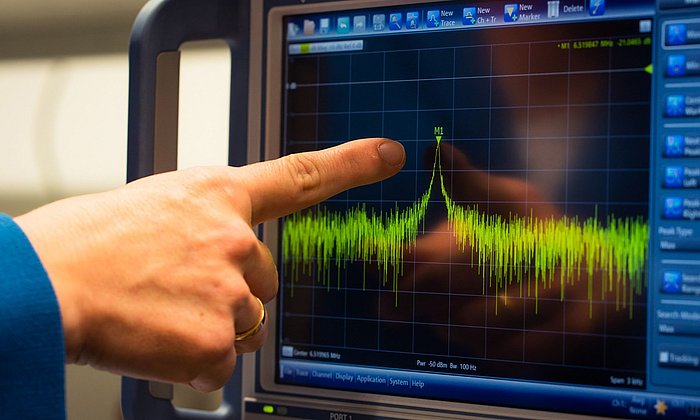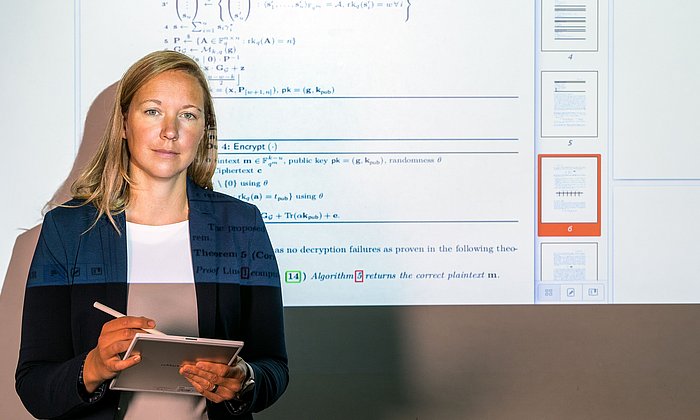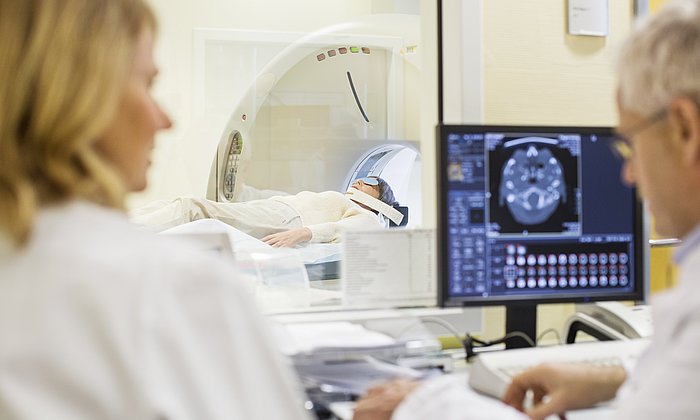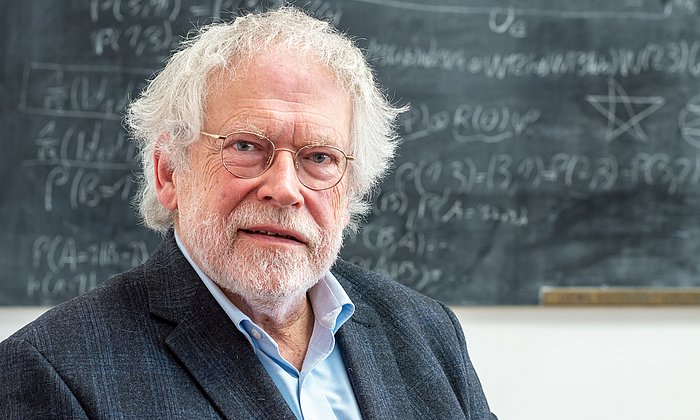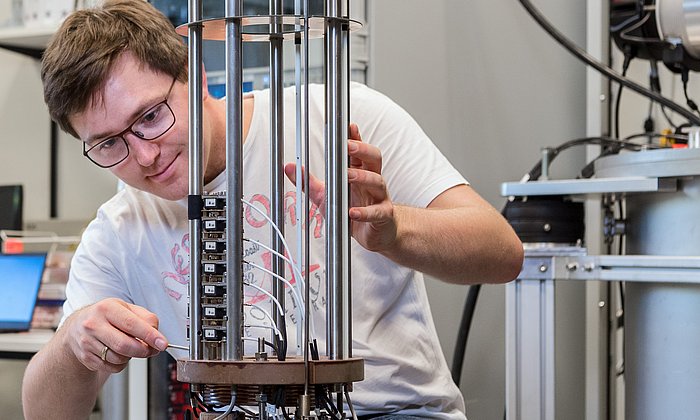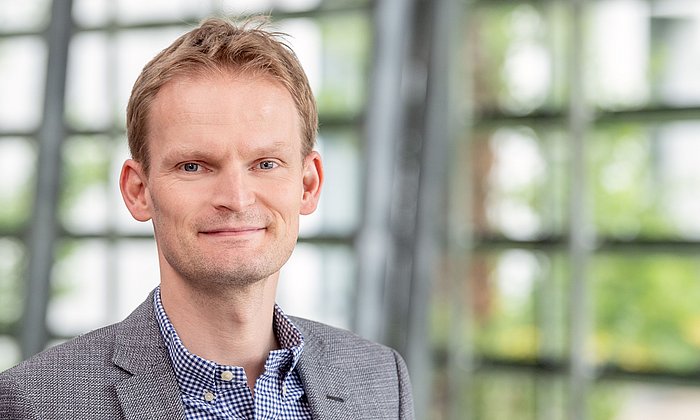Interview with Prof. Robert Wille on quantum computing software
“Munich is becoming a hotspot for quantum computing software”
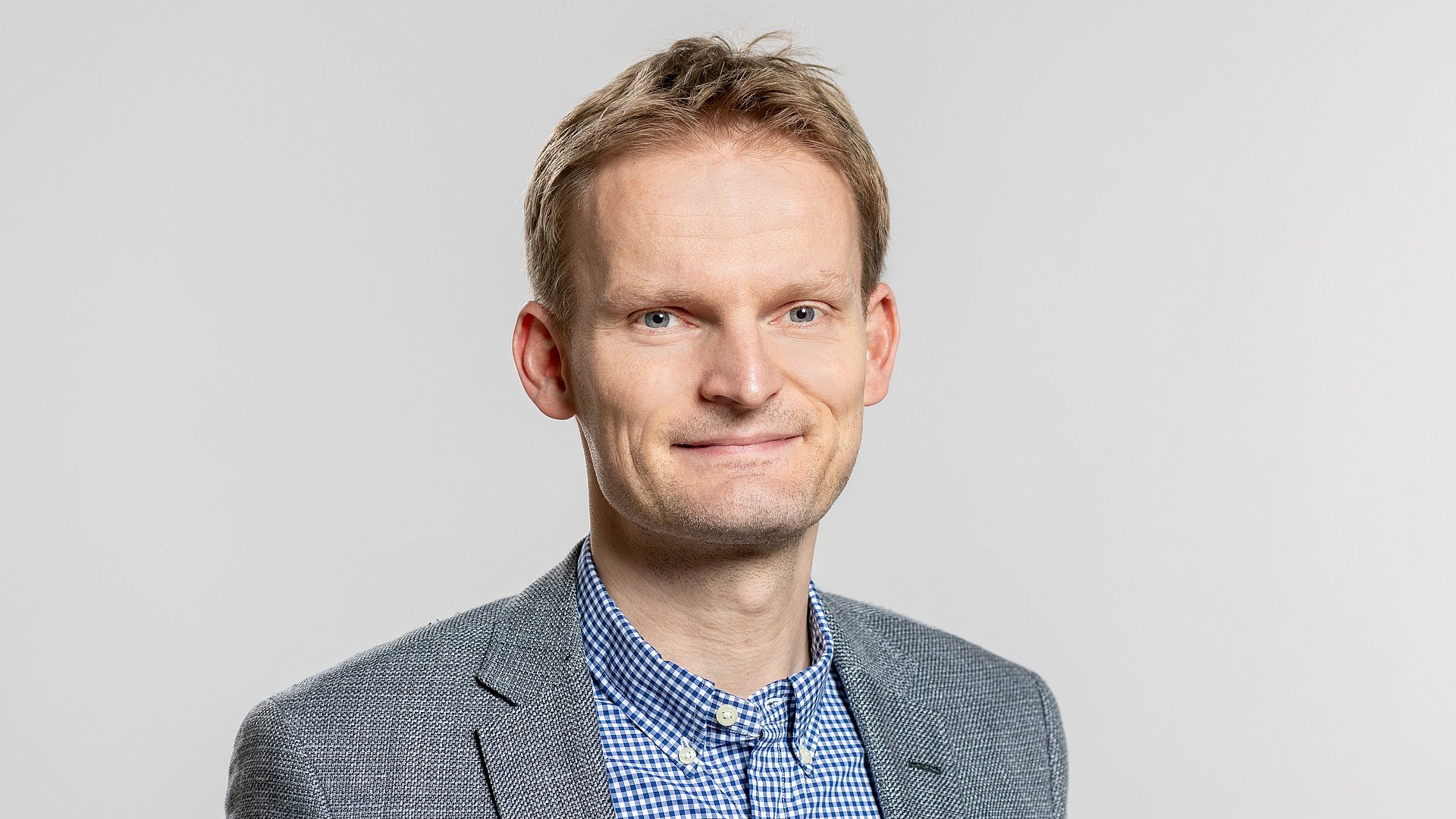
How does a quantum computer differ from a conventional one?
In digital computers that we are familiar with, all programs operate on the basis of the binary states of 0 and 1. That is because these computers are electronic systems in which information is processed with the help of the two states, either “power on” (1) or “power off” (0). In contrast, quantum computers use entities of the “quantum world” such as ions or photons, which work based on the laws of quantum mechanics. Along with the two states, 0 and 1, they additionally permit “superpositions” – states which, in a sense, represent 0 and 1 at the same time. With these (and other) characteristics, it will be possible in the future to solve problems that existing computers have been unable to crack due to the enormous complexity.
Can you give us an idea of what software for quantum computers might look like?
The principle is similar to software for conventional computers: software makes it possible for anyone to use a computer – even if they know nothing about electric circuits. Software for quantum computers will do the same: end users will be able to use these new technologies without any knowledge of quantum physics or quantum mechanics. However, because quantum systems do not work in the same way as electric circuits, we have to redevelop the software from the ground up.
What do you do in your research work?
When developing software solutions, we always start by asking ourselves whether the problem we are considering is even suitable for a quantum computer. Quantum computing is not a jack of all trades. While quantum computers are better suited for some problems, different technologies are more appropriate for others. As a second step, we look at how we can reformulate this problem in a series of steps so that it will run on the actual quantum hardware. In most cases, we start by simulating the algorithm on a conventional computer – just to find out whether we get the desired result. After that we think about how to frame the problem in a way that enables us to perform the calculations on a quantum computer. The idea is to develop software solutions that will give end users the result they are looking for “at the push of a button”.
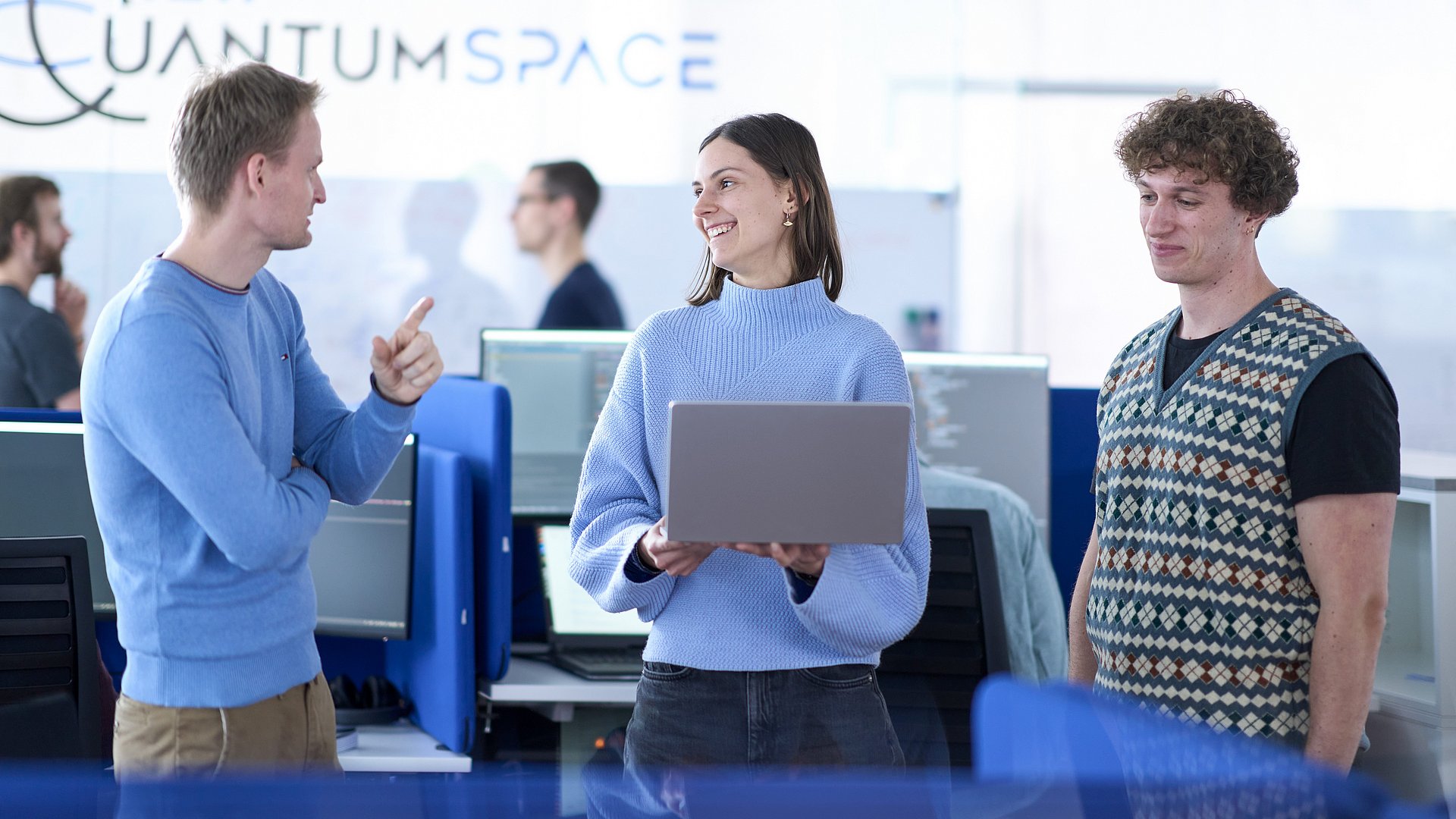
What is the current stage of development in quantum computing software?
Of course, the foundation is the hardware. Without that, nothing will work. But enormous progress has been made there in recent years. Quantum computers will soon be capable of working on problems with practical relevance. Hence, it is important for us to keep pace by developing the necessary software. Otherwise, we could end up with powerful quantum computers but no way to make good use of them. The advantage is that we do not have to “start from scratch”. We can learn a lot from the way software was developed for existing computers over the past decades. But we still face the challenge of having to take into account entirely new calculation paradigms and physical principles. In short: the foundation is strong, but enormous amounts of work lie ahead.
At the international level, how does Germany and Munich as a research location measure up?
Thanks in large part to the Munich Quantum Valley Initiative, we are almost perfectly positioned here in Munich. End users and physicists – the two groups we need to bring together with software – are literally across the street. As a result, we can immediately see what is needed. But also what software solutions are working and what do not. This close interdisciplinary collaboration between top scientists working in this area at one location is rarely seen anywhere in the world. And I am proud and grateful to be part of such a lively, high-caliber community.
At the beginning of October you will be hosting the Munich Quantum Software Forum. Tell us what you are planning:
We want to highlight the topic “Software for Quantum Computing” and get (future) end users together with developers. We succeeded in bringing the who’s who of the software community (both from the academic world and the private sector) to Munich. The interest is enormous. And with IBM, Google, Microsoft, Amazon and other major players planning to attend, it is clear that the demand is huge. It is the right time to get serious with the development of software for quantum computers!
- Robert Wille heads the Chair for Design Automation at TUM. He works with his team to create software tools for new and conventional technologies.
- The Munich Quantum Valley (MQV) promotes quantum technologies in Bavaria with the goal of developing and operating competitive quantum computers. The Munich Quantum Valley is funded by the Hightech Agenda Bayern.
- The Munich Quantum Software Forum took place on October 9/10 at the Science Congress Center Munich at the Garching Research Campus (Walther-von-Dyck Str. 10, 85748, Garching bei München).
-
For more information and the summary of the event, visit:
https://www.cda.cit.tum.de/research/quantum/2023_mqsf_summary/
Technical University of Munich
Corporate Communications Center
- Julia Rinner
- julia.rinner@tum.de
- presse@tum.de
- Teamwebsite
Contacts to this article:
Prof. Robert Wille
Technical University of Munich
Chair for Design Automation
Phone: +49 89 289 - 23551
robert.wille@tum.de
